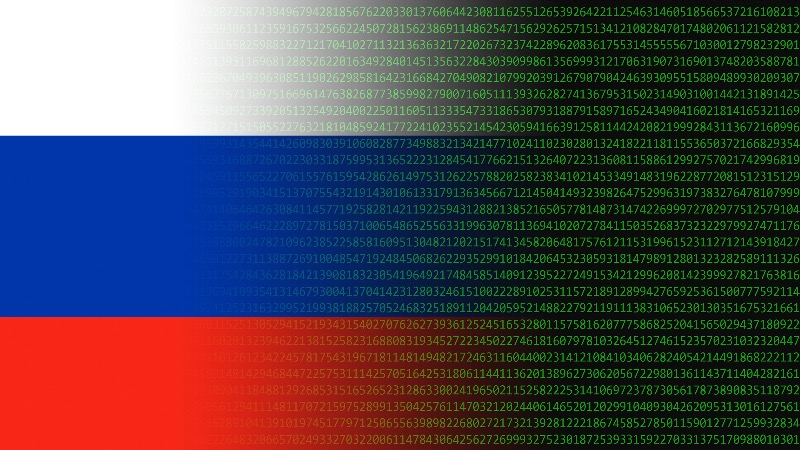 Image Credit: Anton Petrus / Getty
Image Credit: Anton Petrus / Getty Russian lawmakers are moving forward with a proposal that would make the country’s biometric and e-government systems the mandatory gatekeepers for online age verification.
If implemented, the measure would tie access to adult or “potentially harmful” content directly to a person’s verified state identity, dissolving any remaining expectation of online anonymity.
The plan, discussed on October 28, is being marketed as a child protection initiative. Officials insist it is designed to keep minors away from dangerous material, yet the scope of what qualifies is remarkably broad.
According to TechRadar, one official included pornography, violent or profane videos, and even “propaganda of antisocial behavior” in the list of restricted content.
The main part of the proposal is the use of the “Gosuslugi” digital services portal, which already functions as Russia’s main interface for state verification.
This system connects directly to the Unified System of Identification and Authentication (ESIA) and the national Unified Biometrics System (UBS), both of which are controlled by the government.
State Duma deputy Anton Nemkin, a former FSB officer, suggested that these networks “could be used to verify age without directly transmitting passport data to third-party platforms.”
In effect, the state would become the universal intermediary between citizens and the internet.
Legal experts specializing in digital rights argue that this initiative continues a long-established trajectory.
Since 2012, when Russia began constructing its online censorship framework under the pretext of protecting minors, each new regulation has chipped away at personal privacy while expanding government visibility into everyday digital life.
The current proposal also fits neatly within Moscow’s broader strategy of “digital sovereignty.”
Deputy Chairman of the State Duma Committee on Information Policy Andrei Svintsov recently claimed that every Russian internet user will lose their anonymity within “three years, five at most,” TechRadar reported.
This vision aligns with another state project approved in June, the development of a national “super app” integrating digital ID, government services, and payment systems, which would even let users “confirm one’s age to a supermarket cashier.”
If this legislation passes, it would not simply limit access to adult material. It would require citizens to authenticate their identities through ESIA each time they view anything categorized as adult content, no matter how loosely defined that label becomes.
It would build a permanent record linking verified identities to private online behavior, giving the state sweeping insight into personal consumption habits.
While governments in other parts of the world have tested different age verification systems, Russia’s model stands apart for its complete reliance on centralized, state-run biometric databases.



